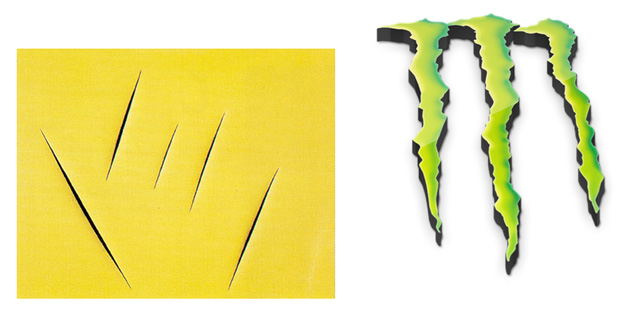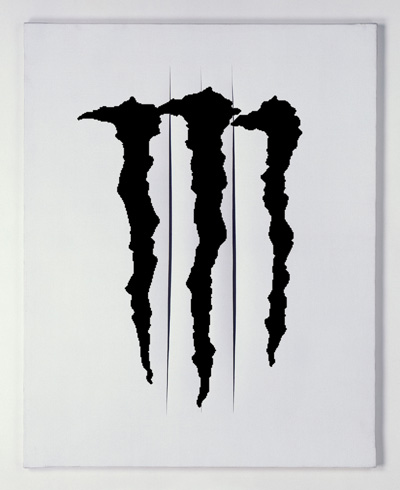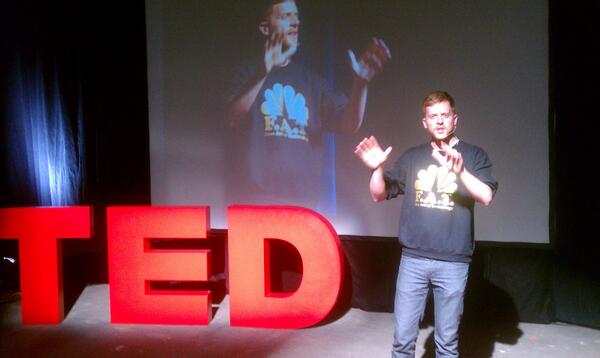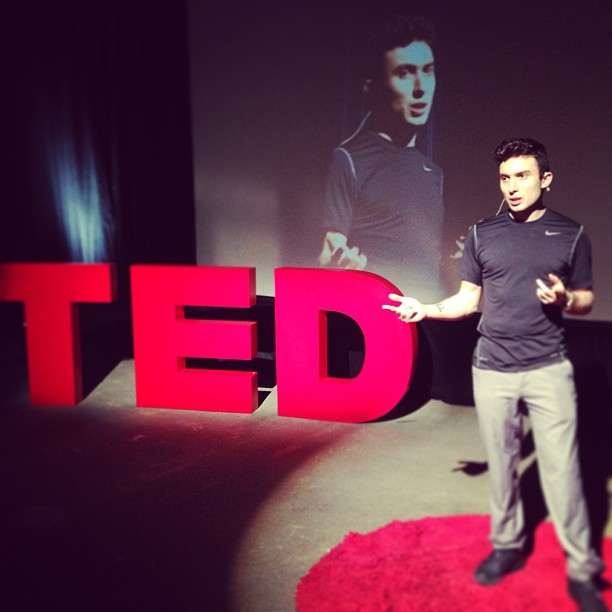

Possibly someone has already similarly cracked wise but in case not, Michael Manning and I have got this covered (below and above, respectively).
In the spirit of falling Brancusi sculptures, etc.
(monster logo upper right by publiking)


Possibly someone has already similarly cracked wise but in case not, Michael Manning and I have got this covered (below and above, respectively).
In the spirit of falling Brancusi sculptures, etc.
(monster logo upper right by publiking)
Artists explain and preserve the human experience through myth, translating internal visions into external interpretations, in order to make sense of physical and psychological worlds. Through a collective agency supported by pervasive connectivity, the creation, purpose, and evolution of myth transfers back into the hands of the global village, reclaimed from centuries of appropriation. Eventually, a sentience emerged, and myths took on a new form—-rather than being explicative, they have become alternative. Advances in technology have rendered natural phenomena mere novelty, seemingly explaining all but the existential meaning and complexity of the human mind. Jung suggests that the collective unconscious is a conditioned state, that archetypes are finite and the same mythologies will reiterate ceaselessly. However, storytellers are no longer interested in interpretation, and instead aim to materialize and explore meta-realities. The communal space of the Internet has developed into a proverbial campfire where we sit, glassy-eyed, transfixed by the glow, waiting for revelations.
What's the state of the modern myth? How do myths proliferate, what do we use to represent them, and what's the cultural value of storytelling? #FUTUREMYTH presents digital artists engaged in contemporary myth-making who are using the gallery as a way to navigate, define, and discuss the current landscape of mythology and its relevance in our technologically dependent lives.
text appropriated from 319 Scholes press release.


Bennett Williamson (top) and Ryder Ripps (bottom).
The "DIY Pirate TED Talk" photobooth photos are from the EYEBEAM F.A.T. Lab show. The fatties are not this blog's cup of tea but these pics are funny. We all hate TED talks!

screenshot (not photoshopped by me): chris "leave britney alone" crocker image found in "fat foods not to consume" ad